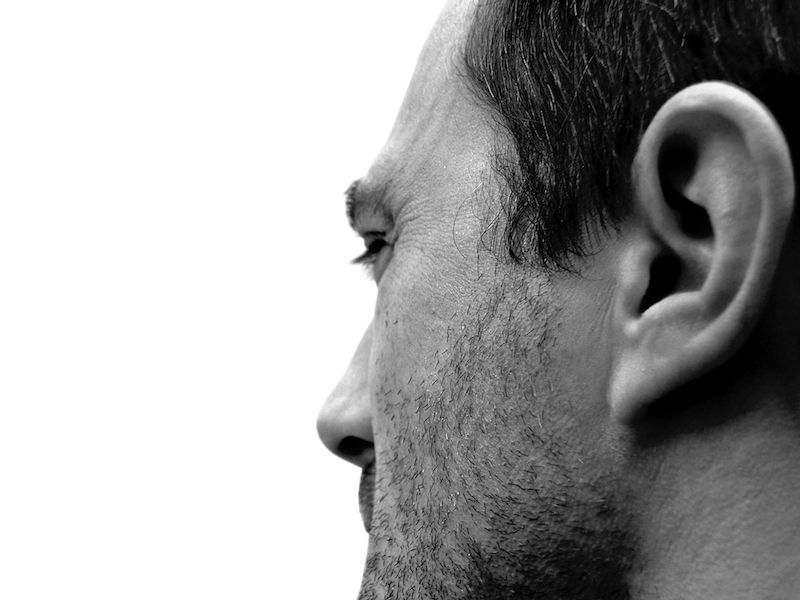
There is an inconsistency in tinnitus symptoms; it appears difficult to identify when and why these sounds happen. At times, it seems like, for no apparent reason what so ever, your ears just start buzzing. No matter how long you lie there and consider the reason why you hear this buzzing, you can’t identify any triggers during your day: There is no apparent reason why, at 9 PM, ringing is taking place, no loud music, no loud fire alarms, nothing.
So maybe it’s the food. Typically we don’t link the idea of food with hearing, but there’s a bit of research and evidence to suggest that tinnitus can be made worse by particular foods. In order to avoid those foods, you need to identify what they are.
Some Foods That Trigger Tinnitus
Let’s just cut right to the chase, shall we? You don’t want to experience a food triggered tinnitus episode so it’s important to find out which foods can cause it. Some foods to stay away from might include:
Alcohol
Alcohol and tobacco should be at the top of the list of items to avoid. Okay, okay, “tobacco” isn’t actually food, but if you want to reduce tinnitus flare up’s (and the severity of those episodes), you’ll avoid smoking and drinking as much as you can.
Your overall health can be substantially impacted by tobacco and alcohol particularly your blood pressure. The more you drink (and smoke), the more likely a tinnitus flare up will be.
Sodium
Your blood pressure is one of the leading predictors of tinnitus flare ups. When your blood pressure goes up, your tinnitus gets worse. That’s why sodium should absolutely be on your list of food substances to avoid. You’ll want to significantly decrease your sodium intake whether you put salt on everything or you just love to eat french fries.
There are some foods that you don’t typically consider high in sodium including ice cream. But to avoid any sudden tinnitus episodes you will want to keep track of sodium content.
Fast Food
It shouldn’t be shocking that you should stay away from fast food if you are avoiding sodium. Even fast food joints that boast of being a more healthy alternative serve food that is extremely high in sodium and fat. And, again, that’s going to have a substantial influence on your blood pressure and, hence, your tinnitus. Fast food restaurants also tend to serve shockingly huge beverages, and those beverages are mostly sugar. Which brings us to the next food to avoid.
Sweets And Sugars
We all enjoy candy. Well, most of us enjoy candy. There is a very small percentage of the populace that would actually prefer veggies. No judgment here.
Sadly, sugar can really throw off the stability of glucose in your body. And as you’re attempting to go to sleep at night, a small disturbance to that balance can mean lots of tossing and turning. In the quiet of the night, as you lie there awake, it becomes much easier to start to hear that ringing.
Caffeine
There is an apparent reason why we kept this one for last. Giving this one up is a hard pill to swallow. But having caffeine late in the day, whether from coffee, tea, or soda, can really mess up your sleep cycle. And your tinnitus is more likely to flare up if you aren’t getting quality sleep.
It’s actually the lack of sleep, not the caffeine that’s the problem. Change over to a drink that doesn’t have caffeine in the evenings and save your caffeine for the morning.
Learn What Works Best For You
This is certainly not a comprehensive list. Your hearing specialist is the ideal place to begin concerning the dietary changes you need to undertake. And it’s worth bearing in mind that everybody will be affected in their own way by dietary adjustments, so in order to keep track of what is working and what isn’t, it might be a good idea to keep a food journal.
Moving forward you will have an easier time making smart choices if you know how particular foods affect you. When you start monitoring how your ears react to different foods, the cause of your tinnitus could become less mysterious.
If you decide on that evening of coffee, at least you know what you’re dealing with.